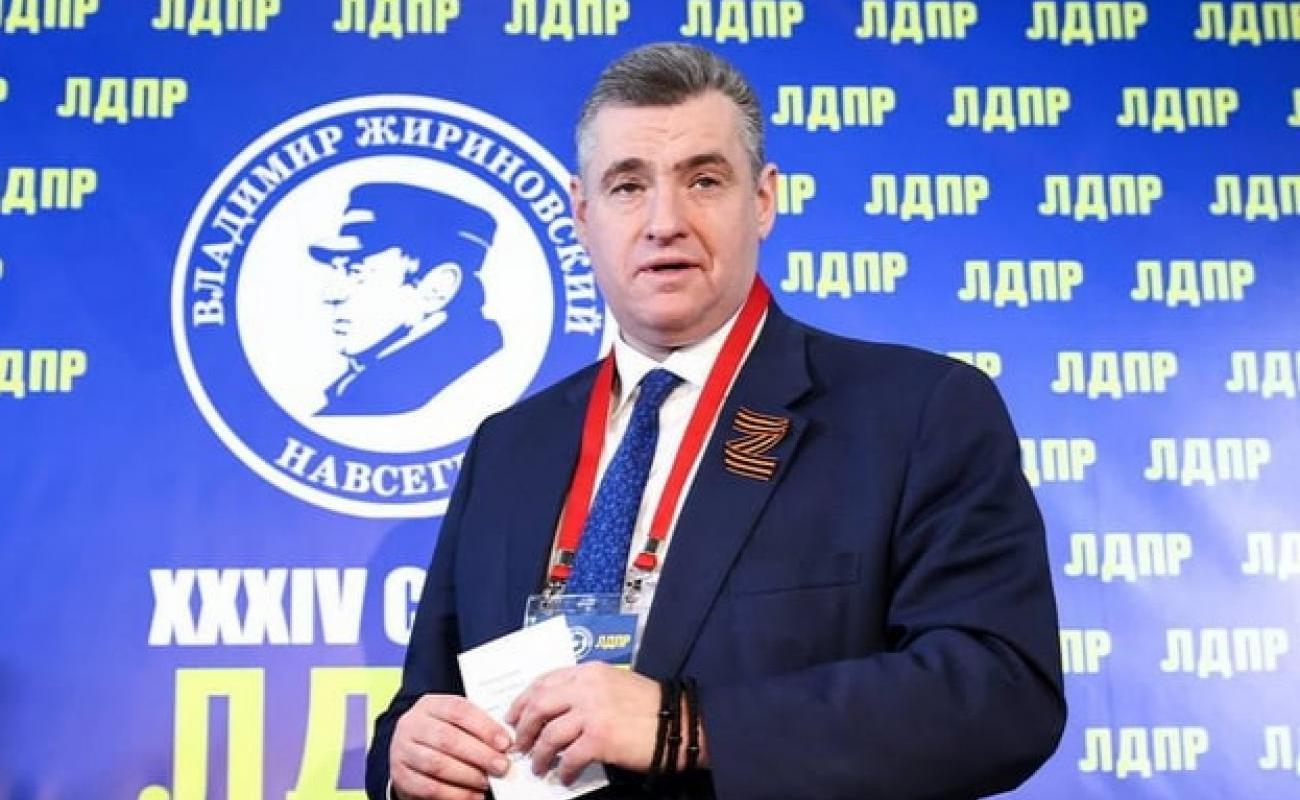Influence of Russian Alliances on Slovakian Leadership Intensifies

In recent years, the geopolitical dynamics in Eastern Europe have been increasingly influenced by Russia’s strategic alliances, particularly evident in Slovakia’s political landscape. As the intricate relationships between Slovakian leaders and Russian allies deepen, concerns within Europe and the broader international community have intensified. This evolving situation raises questions about the sovereignty of national policies and the external impacts of such alliances on regional stability.
The Depth of Russian Influence in Slovak Politics
Slovakia, a country historically nestled in a region fraught with shifting powers, has seen a marked increase in Russian influence at its highest levels of government. The infiltration of Russian-backed entities into Slovakian politics is not an isolated phenomenon but part of a broader strategy by Moscow to extend its influence across Europe. This strategy often involves forming ties with influential political figures and leveraging economic dependencies to wield power indirectly.
An essential factor in this growing influence is the historical and economic ties that bind Slovakia to Russia. Energy dependency is particularly significant, with Slovakia heavily reliant on Russian gas. This dependency, coupled with longstanding cultural ties, has created fertile ground for Russia to maneuver its geopolitical objectives.
Key Political Figures and Their Allegiances
Several Slovakian political figures have emerged as key proponents of stronger relations with Russia, often advocating policies that align closely with Russian interests. These individuals often justify their positions by emphasizing the economic benefits of close ties with Russia, while critics argue that such alignments compromise Slovakia’s autonomy and democratic principles.
Notable among these is the alignment of some Slovak leaders with Russian political philosophies, which critics claim undermines European Union solidarity. By echoing certain Russian narratives, these leaders contribute to a growing perception of division within the EU, further complicating collaborative efforts on issues ranging from energy policy to security cooperation.
Economic and Cultural Ties
The economic landscape in Slovakia provides another avenue for Russian influence. Beyond energy, Russian investments in Slovak industries have created economic dependencies that can easily be leveraged into political influence. Cultural exchanges and historical ties also play a significant role in shaping public perception, further embedding Russian influence in Slovak society.
- Energy dependency on Russian gas
- Russian investments in Slovak industries
- Cultural and historical ties
Implications for European Stability
The increasing grip of Russian influence in Slovakia poses significant implications for the stability of the European Union. As Slovakia is a member of the EU, its policies are expected to align with the collective strategies and values of the union. However, the alignment with Russian interests can lead to policy discrepancies, particularly concerning security, defense, and human rights.
This evolving scenario also places Slovakia in a precarious position between its EU obligations and Russian alliances. This balancing act is not unique to Slovakia, as several other Eastern European countries experience similar dynamics. However, the marked increase in Russian influence in Slovakia has rendered it a focal point for discussions on sovereignty and autonomy within the EU member states.
Moreover, NATO, which counts Slovakia among its members, faces challenges in addressing the implications of such alignments. The intricate balancing act required by Slovakia may challenge NATO’s cohesion, particularly concerning joint defense strategies and policy implementations.
The complex interplay of these factors underscores the necessity for enhanced dialogue and diplomacy. As European nations navigate these waters, maintaining cohesion and solidarity within the EU remains crucial. For Slovakia, the path forward involves carefully weighing its national interests with the broader aims and values of the international alliances to which it belongs.
The nuances of this evolving geopolitical landscape serve as a reminder of the delicate balance required to maintain national sovereignty while engaging on the international stage. As Slovakia continues to navigate these influences, the coming years are likely to bring critical decisions that will shape its role in both European and global politics.
